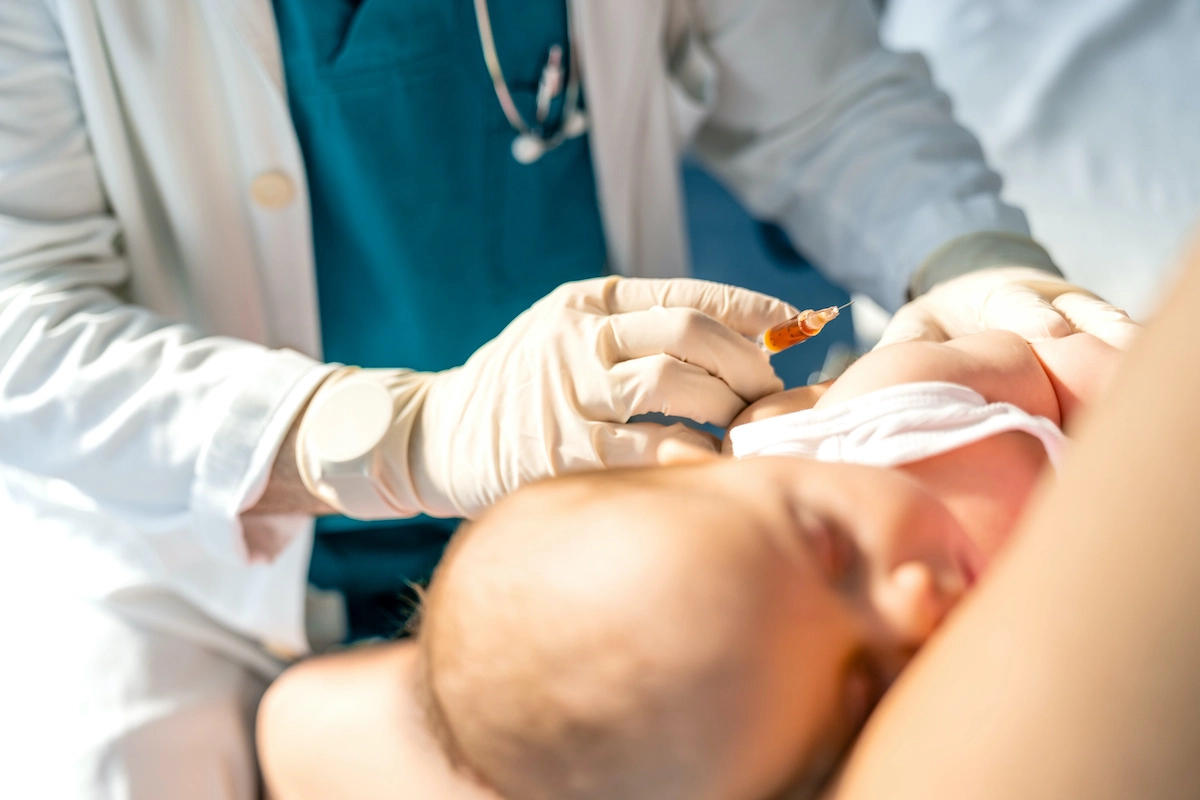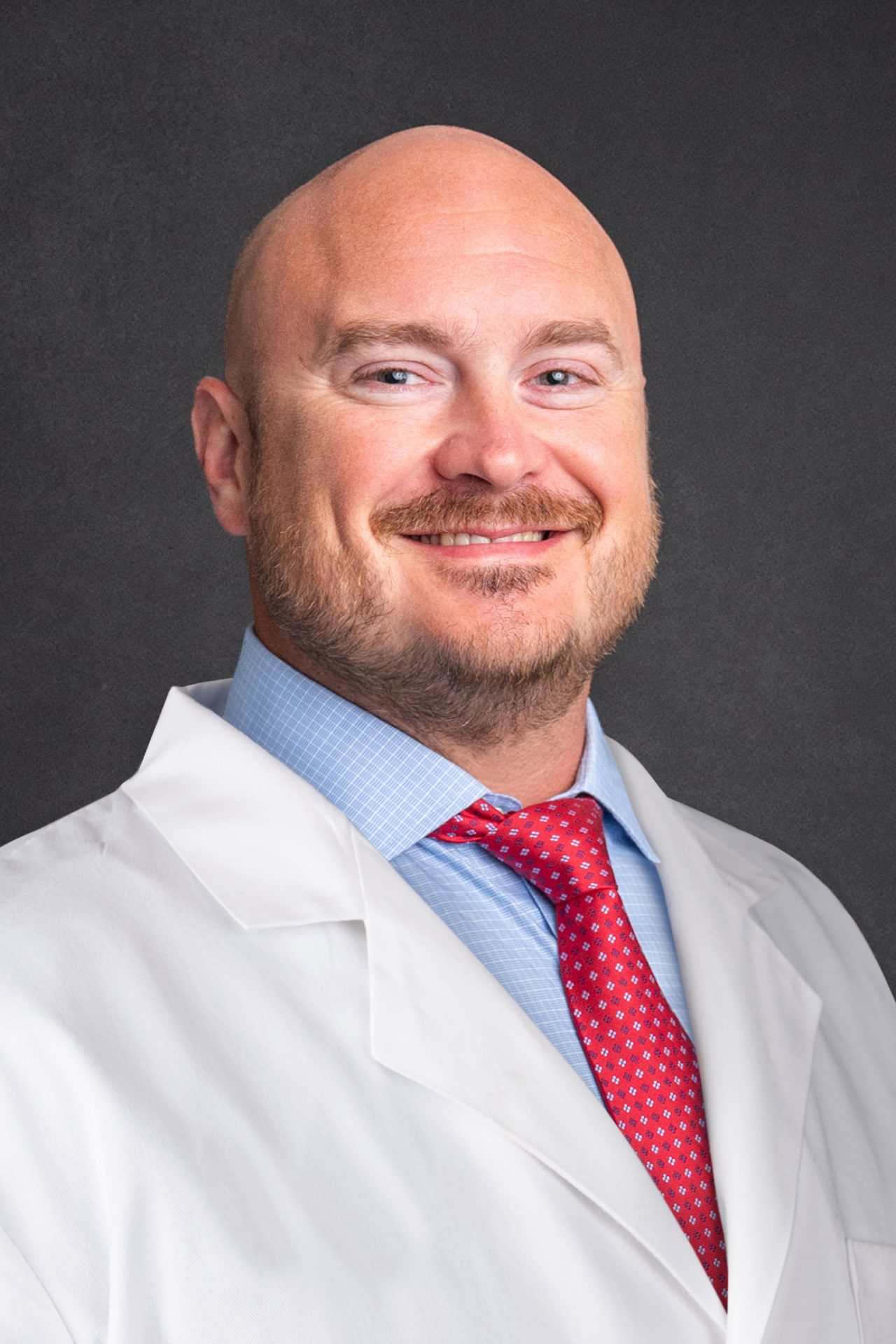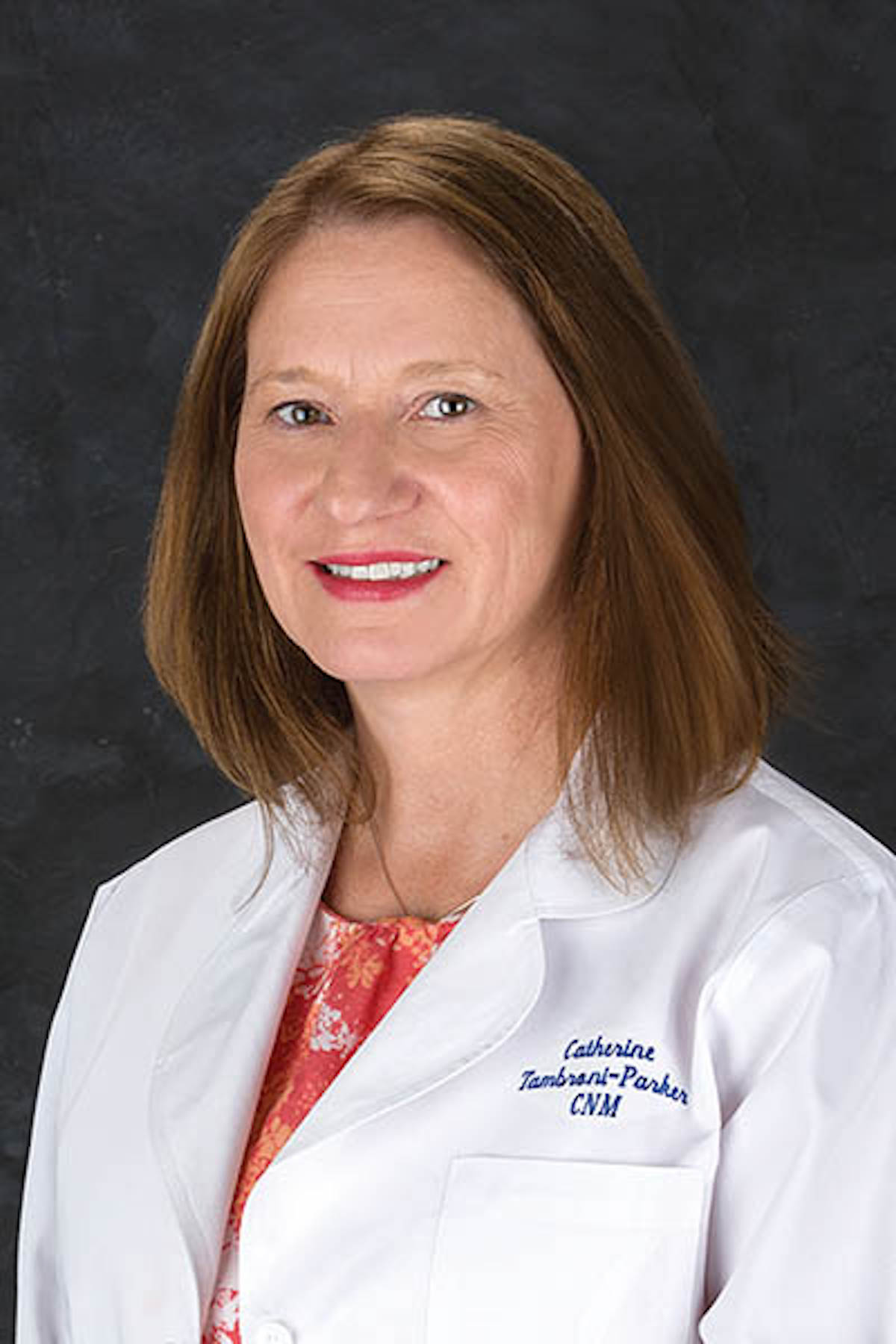
• A new study concludes that weight loss drugs can create health issues for people going under anesthesia.
• They say GLP-1 RA medications such as Ozempic and Wegovy can cause a build-up of gastric contents in the abdomen, raising the risk of aspiration during surgery.
• Researchers say people taking these weight loss drugs may have to fast longer before surgery.
Weight loss drugs such as Ozempic and Wegovy and other GLP-1 drugs can be problematic when a person undergoes anesthesia, according to a new study published in the journal JAMA Surgery.
The research team consisted of subspecialized anesthesiologists with expertise in point-of-care ultrasound, allowing bedside assessment of stomach contents.
In their study, the researchers noted that medications known as glucagon-like peptide-1 receptor agonists (GLP-1 RAs), which have been approved for use with type 2 diabetes and weight management, can create potentially serious health issues while mixing with drugs used in anesthesia during surgery and other medical procedures.
Their findings were quite surprising. More than half of the patients on a GLP-1 RA had significant gastric contents on gastric ultrasound before an elective procedure, despite adhering to preoperative fasting.
“This incidence was significantly higher compared to patients not on a GLP-1 RA, showing a strong link between GLP-1 RA drugs and potential aspiration risk under anesthesia,” a research study author added.
Aspiration is when stomach contents enter the lungs. It’s considered potentially dangerous.
A mechanism of GLP-1 RA medications that contributes to glycemic control and weight loss is slowing the stomach emptying gastric contents. The increase in residual gastric volumes is called a “full stomach” on gastric ultrasound.
With the increased use of GLP-1 RA medications, fasting times for these patients before going under anethesia may need to be reexamined.
“Patients must ensure they disclose their use of this medication to their surgeons and anesthesiologists,” said a study author. “This information is crucial for us to provide appropriate recommendations, such as adjusting drug administration before elective procedures, recommending extended fasting, or rescheduling an elective procedure if necessary.”
Of note, these type of weight loss drugs are not considered dangerous. GLP1 receptor agonists–GLP1 RAs–are essential medications with clear benefits for diabetes treatment, weight management, and other off label uses.
In summary, the process of making those getting surgery fast long enough beforehand is becoming more essential. Proper education of the risks and side effects of these medications is very important. In the case of an elective surgery, if the patient has not stopped the medication, then the surgery could be postponed. For emergency surgery, it is typical to treat the patient as if they have a full stomach and extra precautions are required.
Source: Adapted from an article by Tony Hicks.https://www.medicalnewstoday.com/articles/ozempic-and-similar-weight-loss-drugs-can-increase-risk-of-complications-during-surgery#Ozempic-and-other-weight-loss-drugs-are-not-necessarily-dangerous












